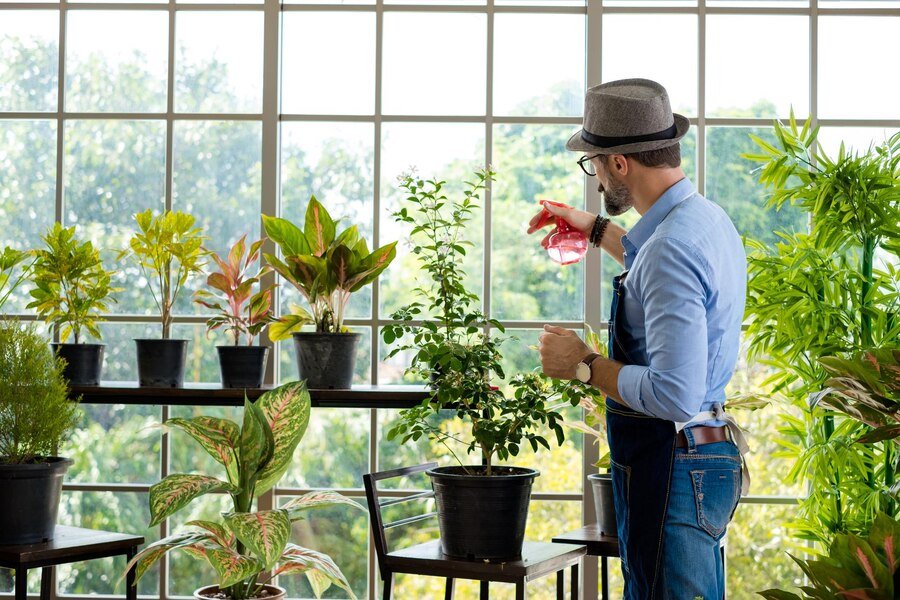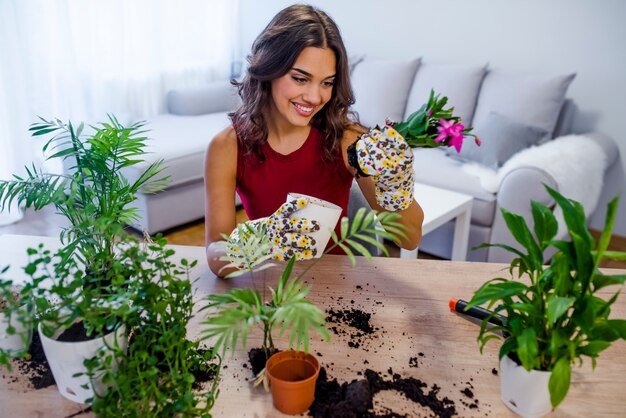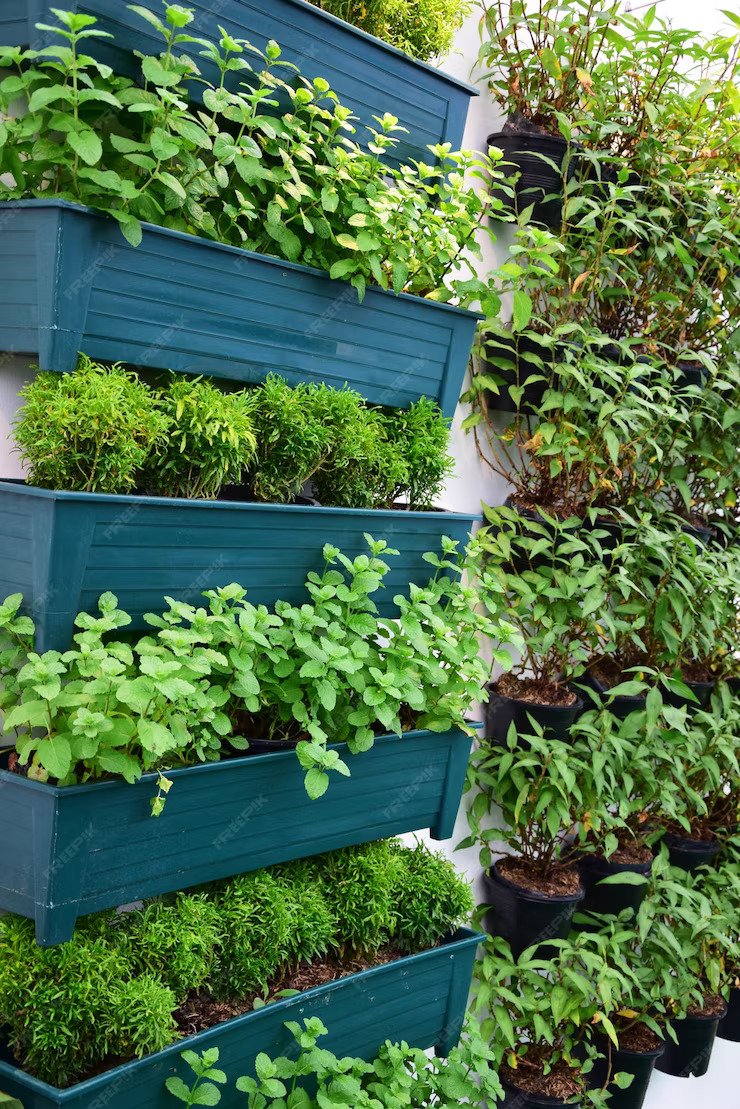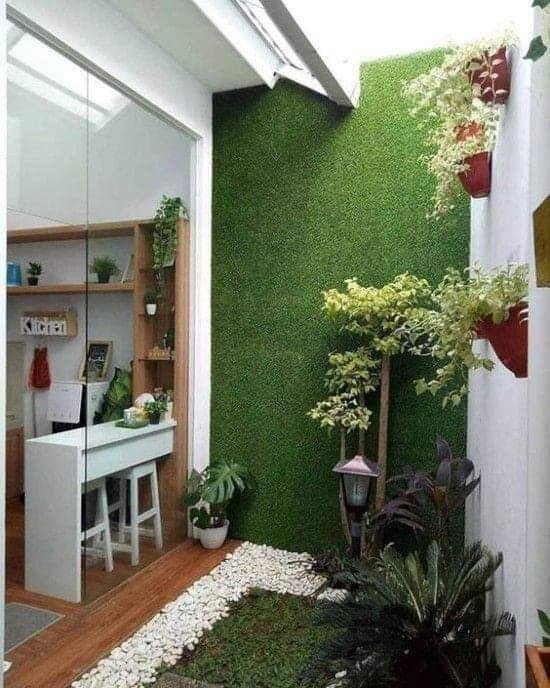Towards Tomorrow’s Gardens: Emerging Trends In Horticulture
As the world grapples with environmental challenges and burgeoning populations, the role of horticulture in shaping our future has become increasingly significant. Horticulture, the science and art of cultivating plants, is not merely about growing pretty flowers or tasty vegetables; it encompasses a vast array of practices that contribute to sustainability, health, and well-being. In this article, we’ll explore some of the emerging trends in horticulture that are shaping the gardens of tomorrow.
To know More About It Please Click here
Vertical Gardening
One of the most notable trends in urban horticulture is vertical gardening. With space becoming increasingly limited in urban areas, gardeners are turning to vertical structures to grow plants. Vertical gardens not only maximize space but also provide numerous environmental benefits such as improved air quality, reduced urban heat island effect, and biodiversity conservation. From living walls on building facades to vertical hydroponic systems, the possibilities for vertical gardening are endless.
Sustainable Horticulture Practices
Sustainability is at the forefront of modern horticulture. As awareness of environmental issues grows, gardeners are embracing sustainable practices such as organic gardening, permaculture, and water-wise landscaping. By minimizing chemical inputs, conserving water, and promoting biodiversity, sustainable horticulture not only benefits the environment but also produces healthier plants and ecosystems.
Smart Gardening
Advancements in technology have transformed the way we garden.
From smartphone-controlled irrigation systems to soil sensors that monitor plant health, smart gardening tools are becoming increasingly accessible to home gardeners. These technologies not only make gardening more convenient but also enable more precise and efficient resource management, ultimately leading to healthier plants and higher yields.
To Know More About It Please Click Here
Edible Horticulture Landscaping
With an increasing emphasis on food security and self-sufficiency, edible landscaping has gained popularity in recent years. Instead of traditional ornamental plants, gardeners are incorporating edible plants such as fruits, vegetables, and herbs into their landscapes. Not only does this provide fresh, nutritious produce, but it also creates beautiful and functional outdoor spaces that blur the line between garden and kitchen.
Climate-Resilient Gardens
As climate change brings about more extreme weather events, gardeners are seeking plants and design strategies that can withstand these challenges. Climate-resilient gardening involves selecting plants that are adapted to local climate conditions, implementing water-saving techniques, and designing landscapes that can withstand droughts, floods, and heat waves. By building resilience in our gardens, we can ensure their longevity and productivity in the face of a changing climate.
Conclusion
The gardens of tomorrow will be shaped by a combination of innovation, sustainability, and adaptation. From vertical gardens in urban jungles to climate-resilient landscapes in arid regions, horticulture will play a crucial role in creating green spaces that are both beautiful and functional. Gardeners can help pave the road for future generations to live greener and more sustainable lives by embracing emerging trends and technologies.







